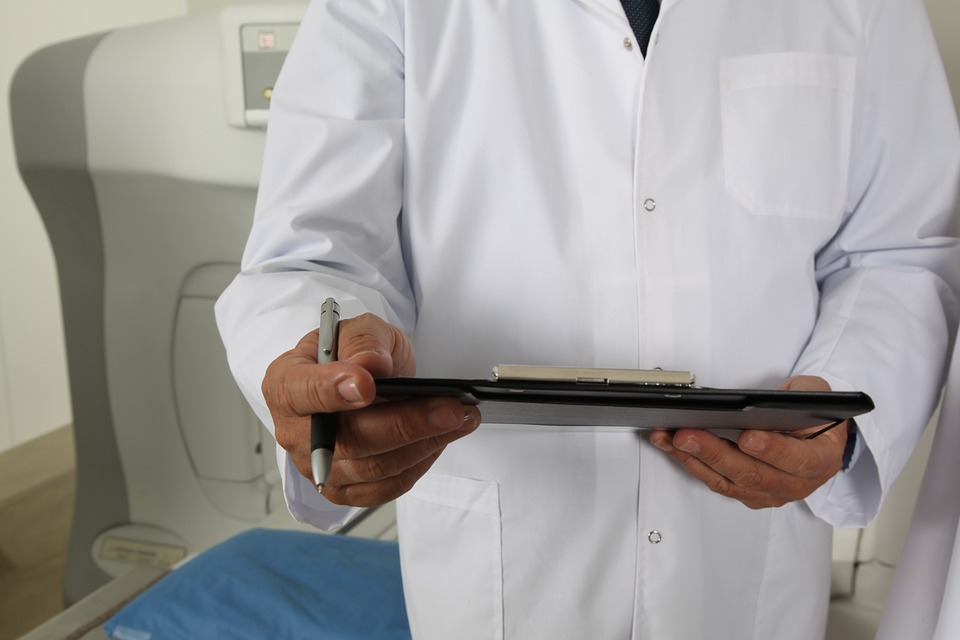Share this Page:
One of the greatest strengths of the NHS is its comprehensive datasets of the population from birth to death. A recent paper proposes a new model of cancer care and looks at how data could be examined and used at every stage of the treatment journey, from prevention and diagnosis through to treatment and recovery. Making better use of data will not only improve cancer outcomes but will also enable the NHS to manage the disease far more effectively, now, and in the future.
Key conclusions from the paper are:
1. The cancer dashboard, set up by Public Health England for the 2015 Cancer Strategy, should be extended and become the single point of access for cancer outcomes data.
2. Dependent on a secure data storage system and patient consent, the dashboard could be linked to other datasets such as treatment information or genetic information, to provide a much richer picture of cancer causes and outcomes.
3. The local Cancer Alliances should drive improvements in data sharing. The long-term plan for the NHS should ensure local areas have adequate support and funding to do this.
4. Greater insight from an improved cancer dashboard should mean GPs have the insight to work with population groups at risk of developing the disease. GPs could use new models of care, such as social prescribing, to encourage people to make healthier lifestyle choices.
5. Linking the outcomes data with initiatives such as the 100,000 Genome Projects provides the opportunity for far greater use of personalised medicine. Given that much of this new medicine can be administered out of the traditional in-patient setting, patients should have choice over how they wish to receive it.
6. The local Cancer Alliances should use improved data collection to decide what treatment is most effective for their local populations. They should also be empowered to use real-world evidence to pay for medicines based on outcomes, as Greater Manchester is currently trialling.
This paper is sponsored by AbbVie.














